UK cuts contribution to Aids, tuberculosis and malaria fund by £150m
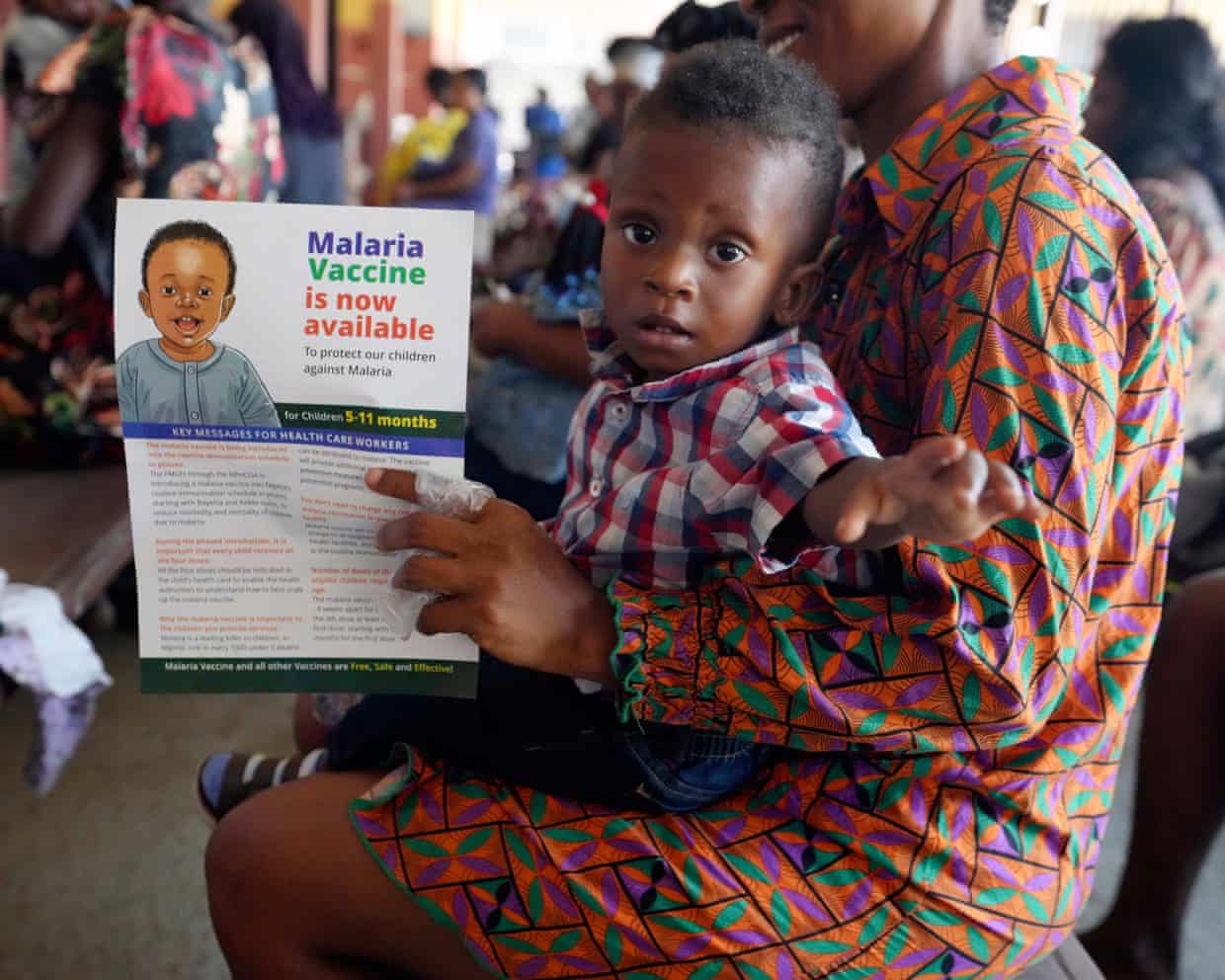
The UK has cut by 15% its contribution to a leading fund combating preventable diseases, a decision which has dismayed aid groups who said it would lead to hundreds of thousands more otherwise preventable deaths,The UK will commit £850m to the Global Fund to Fight Aids, Tuberculosis and Malaria for the 2027-29 period, against the £1bn pledged by the Conservative government for the last funding round,While the sum, announced in a written government statement, is slightly higher than the figure of £800m previously being discussed by senior officials, aid groups called it a serious setback in global efforts to combat the diseases,The total amount given by all countries to the global fund will be announced later this month at an event co-hosted by the UK on the sidelines of the G20 summit in South Africa, which Keir Starmer is due to attend,Aid groups had warned that a significant cut to UK money, on top of a 30% reduction in the UK contribution at the previous funding round three years ago, would be a further blow after Donald Trump slashed US aid.
Government officials argue it shows ministers are prioritising the global fund in the context of much bigger overall cuts to overseas aid, which has been reduced from 0.7% of national income to 0.5% and will fall to 0.3% in 2027.Officials say that given other aid commitments – for example, to Gaza, Sudan and Ukraine – even the 15% reduction amounts to “a good vote of confidence in the global fund” within this context.
Yvette Cooper, the foreign secretary, called the commitment “an investment in our shared security and prosperity”.However, the decision will cause dismay among a number of Labour MPs.Last week a group of seven MPs who have served as ministers under Starmer wrote to the prime minister warning that a cut would be a “moral failure” and a strategic disaster.One of those former ministers, Kerry McCarthy, said she accepted the need for “tough decisions” in the context of the reduced aid budget, and the fact that the additional £150m needed to maintain the commitment would have to come from somewhere else.She said with the Global Fund there was a “direct correlation between support and lives saved”.
She said: “I’ve been to both Uganda and Malawi, and seen how transformational it has been,It’s totemic for a reason – because it has worked,”The One campaign, which works on development in Africa, said it had calculated that the 15% cut could mean 255,000 otherwise preventable deaths, many of them affecting children,The money given was “a welcome commitment to collective efforts to fight HIV/Aids, TB and malaria – but ministers must go further”, it said,Joanna Rea, from the UK outpost of the UN children’s charity Unicef said the cut “jeopardises vital partnerships that protect children from preventable diseases”, adding: “It’s a disappointing decision and comes as the UK prepares to co-host a replenishment conference and should be encouraging other donors.
”Malaria No More UK said: “This is a disappointing step-back from the UK’s long-held leadership in the fight against malaria, just as a perfect storm of threats already risk an historic resurgence.”Kitty Arie, the chief executive of Results UK, an aid advocacy group, said: “The decision to reduce the UK’s contribution is deeply concerning and represents a serious setback in the fight to end Aids, tuberculosis and malaria.We recognise the difficult fiscal environment in which this pledge is made, but this does mark the first time in the Global Fund’s history that a host country has reduced its pledge – setting a worrying precedent for other donor governments …“This decision takes us in a different direction – undermining decades of progress and weakening our ability to respond to future threats.”Mike Podmore, the chief executive of the StopAids campaign, said the cut “threatens the real possibility of ending Aids by 2030”.He said: “Although it remains a substantial contribution, the cut could hinder the global fund’s capacity to sustain current progress and carry out its life-saving work.
From marginalised communities being denied access to prevention services to people living with HIV facing disruptions to essential medicines, these reductions will have an immediate and devastating impact on lives across the world.”
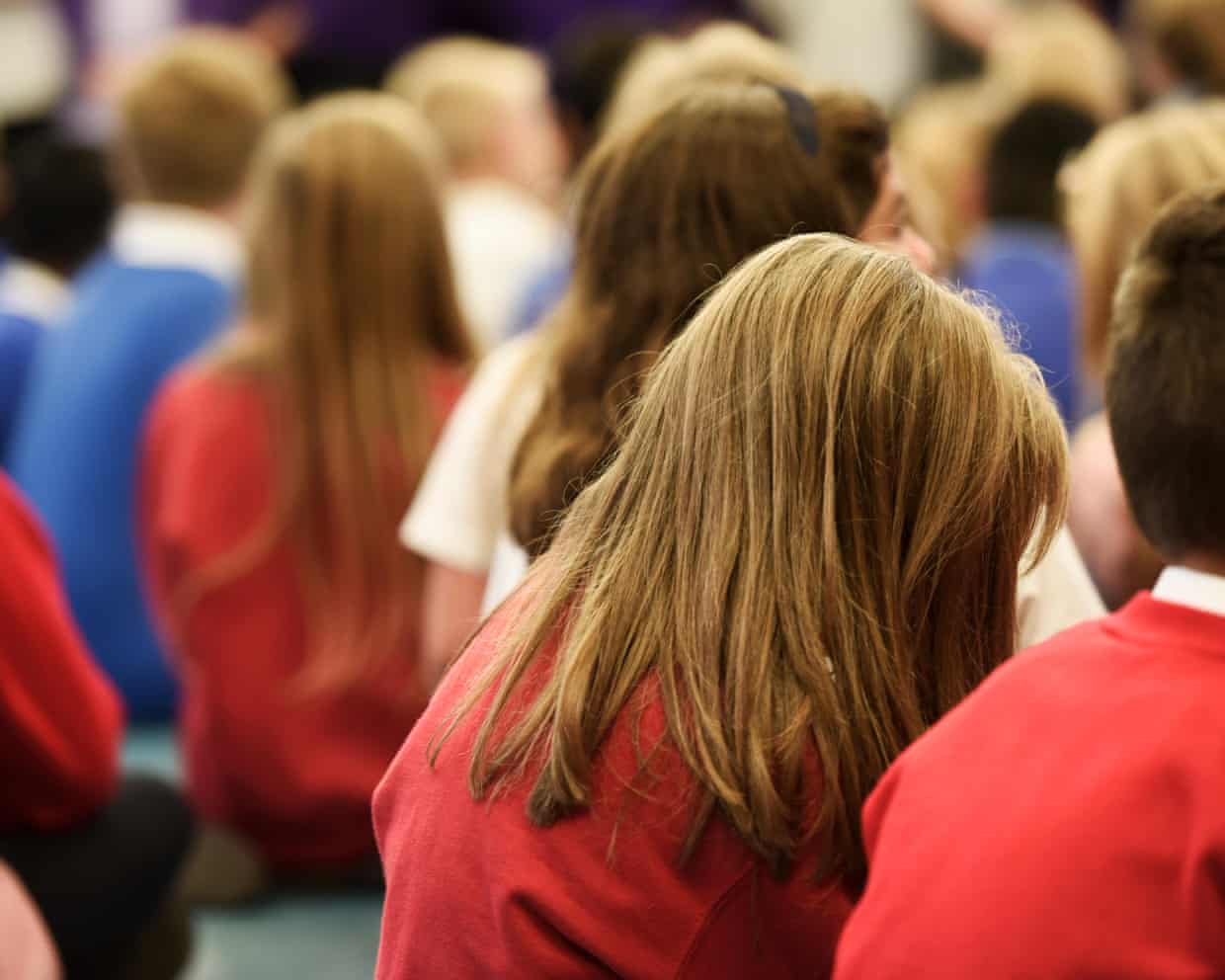
‘Sobering’ study reveals extent of bullying and mental health problems for children in Wales
Most older primary school pupils have problems sleeping while a third suffer emotional difficulties, a major study has revealed.Half of the children aged seven to 11 who took part in the research said they had been bullied at school and fewer than half ate fruit or vegetables every day.The study on more than 50,000 children in Wales found mental health symptoms tended to be more common among those from less affluent families.Researchers behind the School Health Research Network (SHRN) project said it was the most comprehensive look into the health and wellbeing of primary-age children in Wales – and one of the most detailed carried out in the UK.Lynne Neagle, the Welsh cabinet secretary for education, said some of the findings were sobering
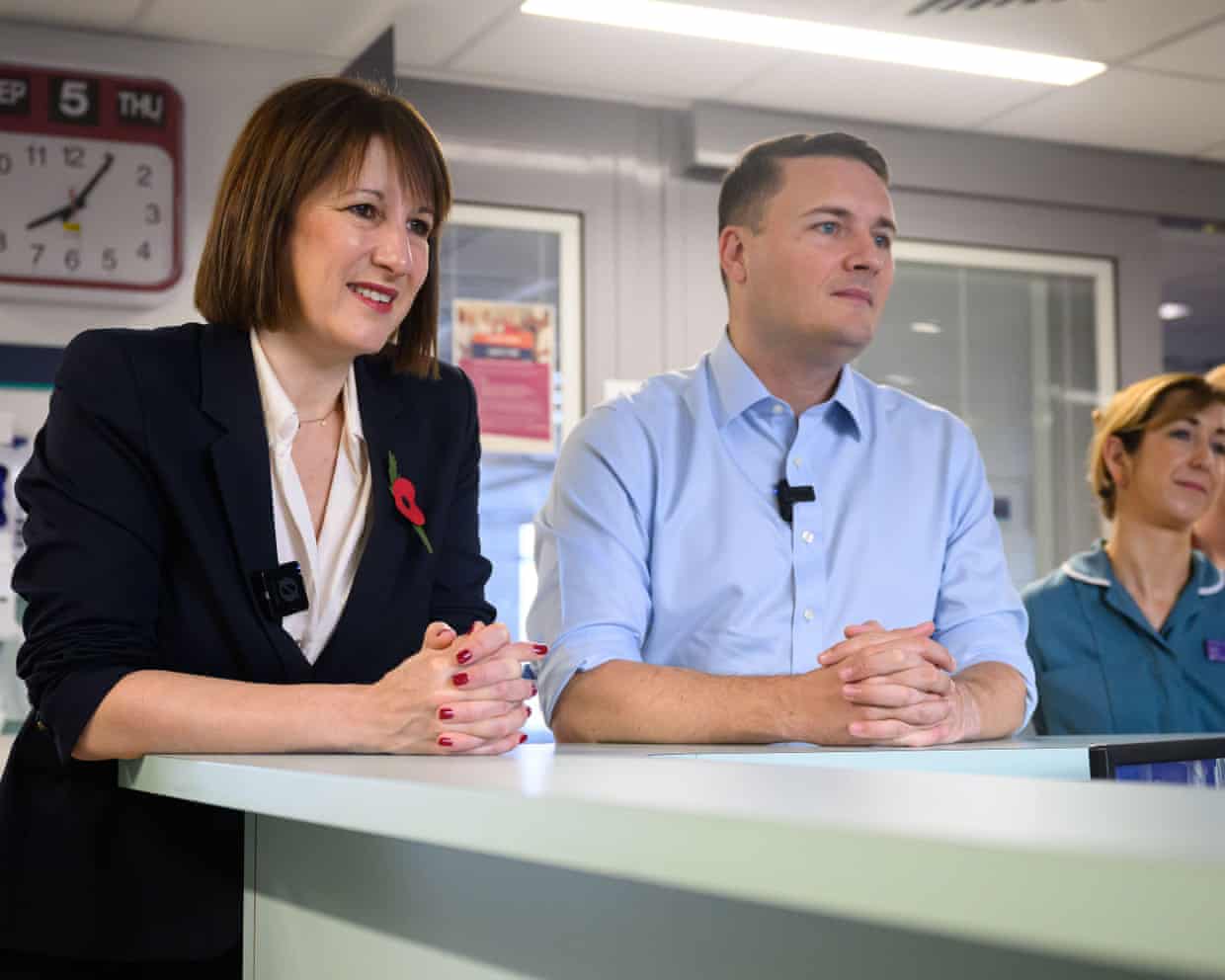
Reeves rejects plea for £1bn of extra cash to cover NHS redundancy payouts
Rachel Reeves has rebuffed a plea from Wes Streeting for an emergency injection of £1bn into the NHS’s budget to cover the cost of mass redundancies.The chancellor’s decision is a setback for the health secretary, who had been lobbying behind the scenes in Whitehall for extra money to pay off 18,000 personnel who are losing their jobs.The Treasury has instead allowed the Department of Health and Social Care (DHSC) to overspend its allotted budget by about £1bn this financial year. But this is on the understanding that it will have less money in 2026-27 – and no new cash overall.Streeting had spent months trying to persuade the Treasury to grant additional funding to enable the NHS’s 42 integrated care boards to start slimming down their role
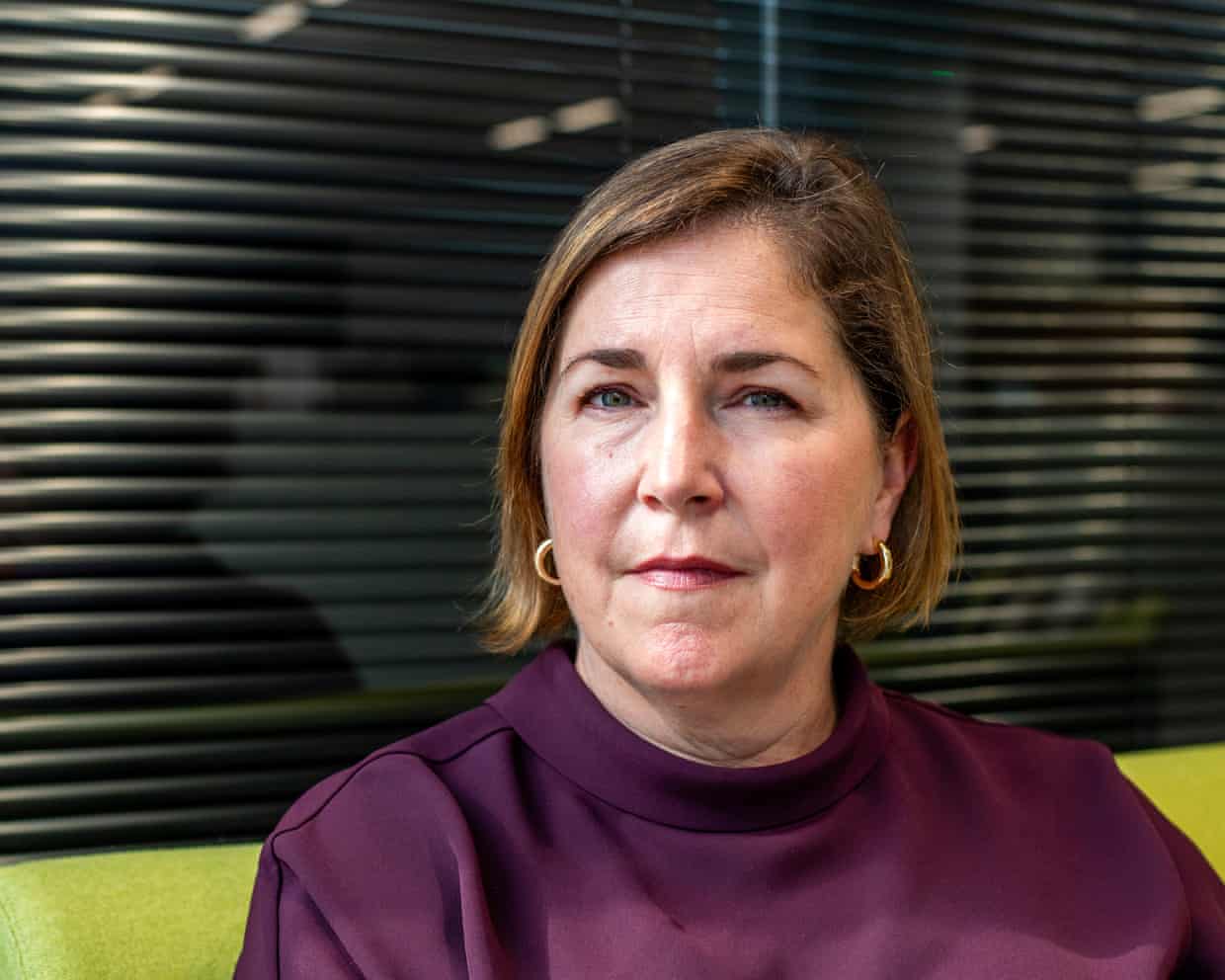
Domestic violence victims at risk under bill aimed at easing prison overcrowding, watchdog warns
Violent partners will be allowed to “return to harassing, stalking and abusing” with impunity under a bill before parliament that is supposed to ease prison overcrowding, a watchdog has warned the lord chancellor.In a letter to David Lammy, the domestic abuse commissioner, Dame Nicole Jacobs, said the sentencing bill’s aim to re-release the vast majority of offenders recalled to prison after 56 days would mean that victims and survivors “will be put in harm’s way” and lead to “devastating consequences”.The letter, which has been shared with the Guardian, comes as ministers face unprecedented pressure to use the bill, which is at its second reading in the House of Lords, to free space in England and Wales’ jails and ease pressure on a creaking criminal justice system.The letter was disclosed after Lammy on Tuesday told MPs that 91 inmates had been wrongly set free since April this year, and claimed that “prisons throughout the country are underfunded, they’re understaffed, and they’re operating under relentless strain”.Jacobs called on Lammy to amend the bill so that domestic abuse perpetrators who contact their victims go through new risk assessment checks instead of being automatically released after seven weeks

Children being ‘sedated’ by algorithmic YouTube content, MPs hear
Lots of children’s programming made for YouTube is “not entertainment, it’s sedation”, the UK children’s laureate has warned.Frank Cottrell-Boyce said “frictionless” programming in which children are “bombarded with information”, such as CoCoMelon, a YouTube Kids channel with 180 million subscribers, failed to offer the “stimulation and nourishment” that previous generations had enjoyed.Speaking to MPs in the opening evidence session of the culture, media and sport committee’s inquiry into children’s TV and video content, Cottrell-Boyce said research showed that for young children, “repetition is good because you’re building familiarity, and slowness is good because you’re making life navigable”.“I feel very privileged to have grown up in an era when lots of children’s television had those qualities,” he said.The fragmented media landscape meant that children today missed out on the sense of “national unity and national identity” that came with watching the same shows, he said

NHS trust fined £565,000 after woman killed herself on ‘death trap’ ward
A woman whose daughter killed herself on a “death trap” mental health ward in London has called for urgent change after an NHS trust was fined more than half a million pounds.Alice Figueiredo, 22, took her own life at Goodmayes hospital, Redbridge, after 18 similar attempts.Her death on 7 July 2015 followed a failure to remove plastic items from the communal toilets on Hepworth ward that had been used by her to self-harm, a court was told.On Tuesday, North East London NHS foundation trust (NELFT) was fined £565,000 plus £200,000 in costs after being found guilty of breaching health and safety.In setting the amount, Judge Richard Marks KC noted its finances were in an “absolutely parlous state” and a large fine could affect its services
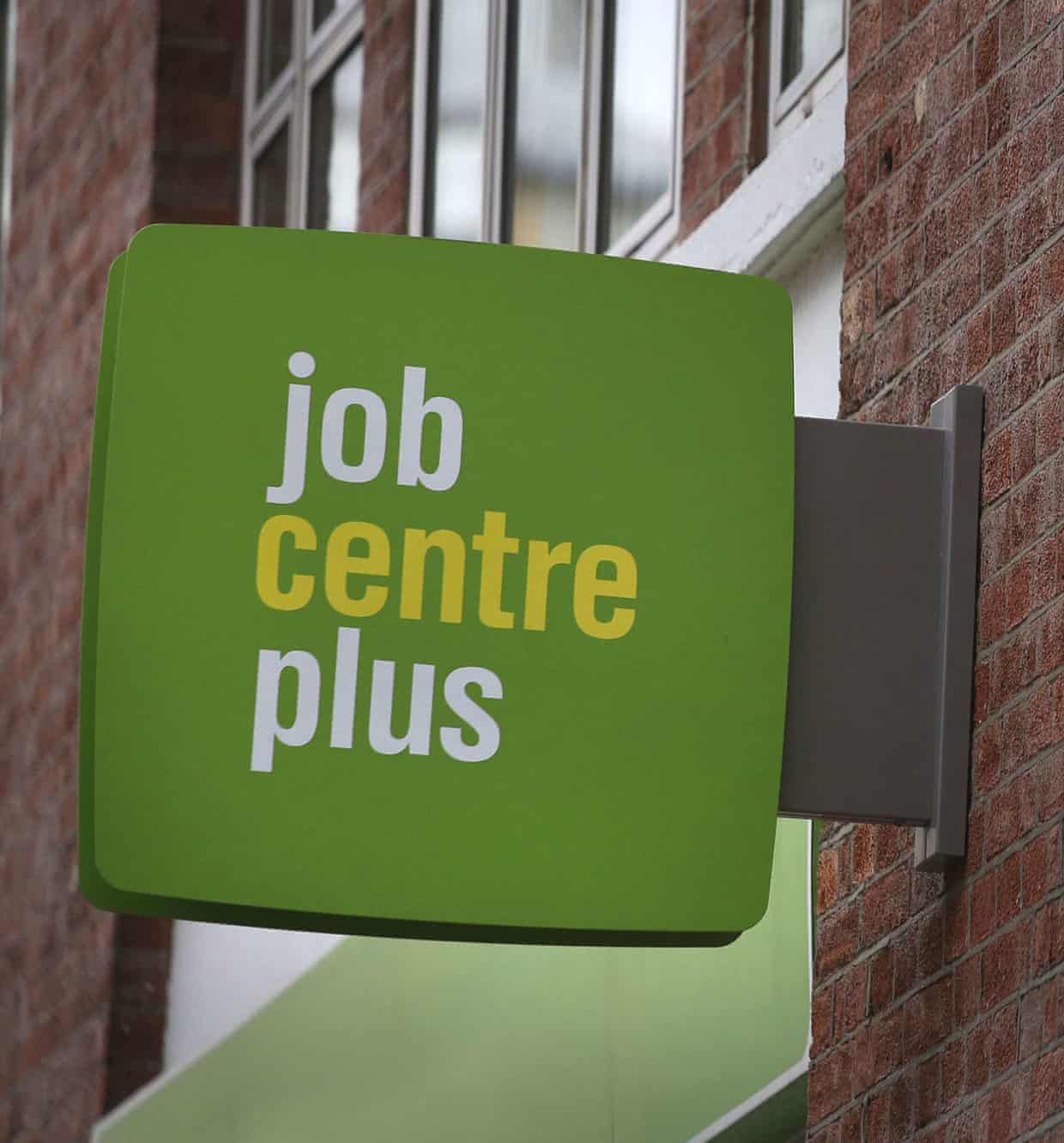
UK 18- to 24-year-olds: we would like to hear your experiences of trying to find a job
Almost a million young people in the UK are not in education, employment or training (Neet).This week, the government announced the launch of an independent investigation into the issue, which Secretary of State for Work and Pensions, Pat McFadden has called a “crisis of opportunity”.He added: “We cannot afford to lose a generation of young people to a life on benefits, with no work prospects and not enough hope.”We would like to hear from 18- to 24-year-olds in the UK about their experiences of trying to find a job. How have you found it? Did you get a job? Or are you still looking for one? What would you like to see changed to help with finding employment? Tell us

The race begins to make the world’s best self-driving cars

Datacenters meet resistance over environmental concerns as AI boom spreads in Latin America

Can OpenAI keep pace with industry’s soaring costs?

Tech giants vow to defend users in US as spyware companies make inroads with Trump administration

Elon Musk makes himself far-right fixture after White House departure

ChatGPT accused of acting as ‘suicide coach’ in series of US lawsuits